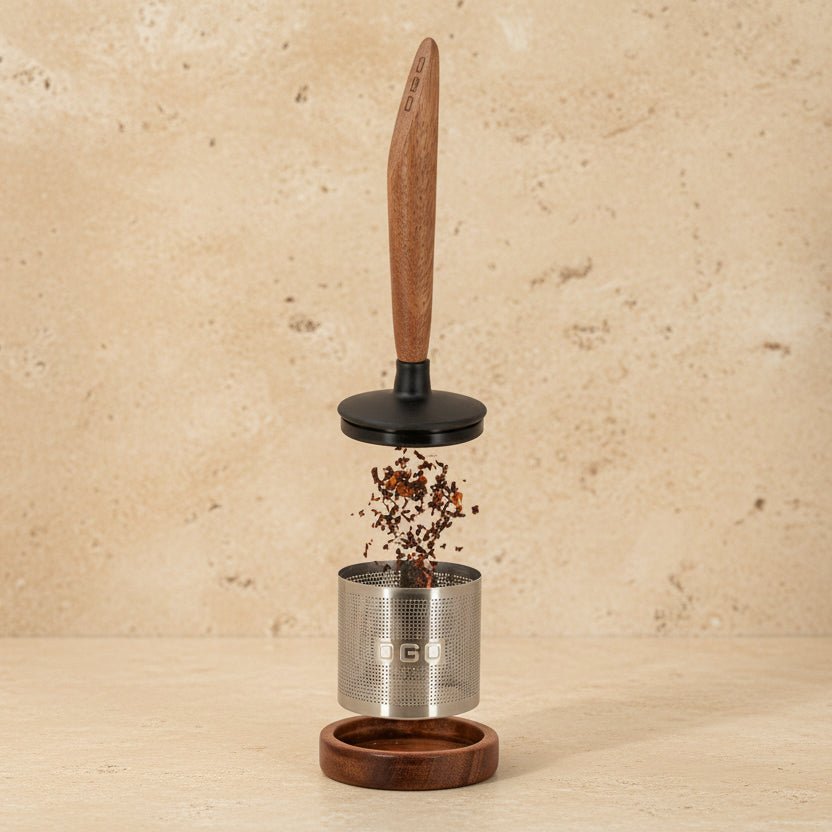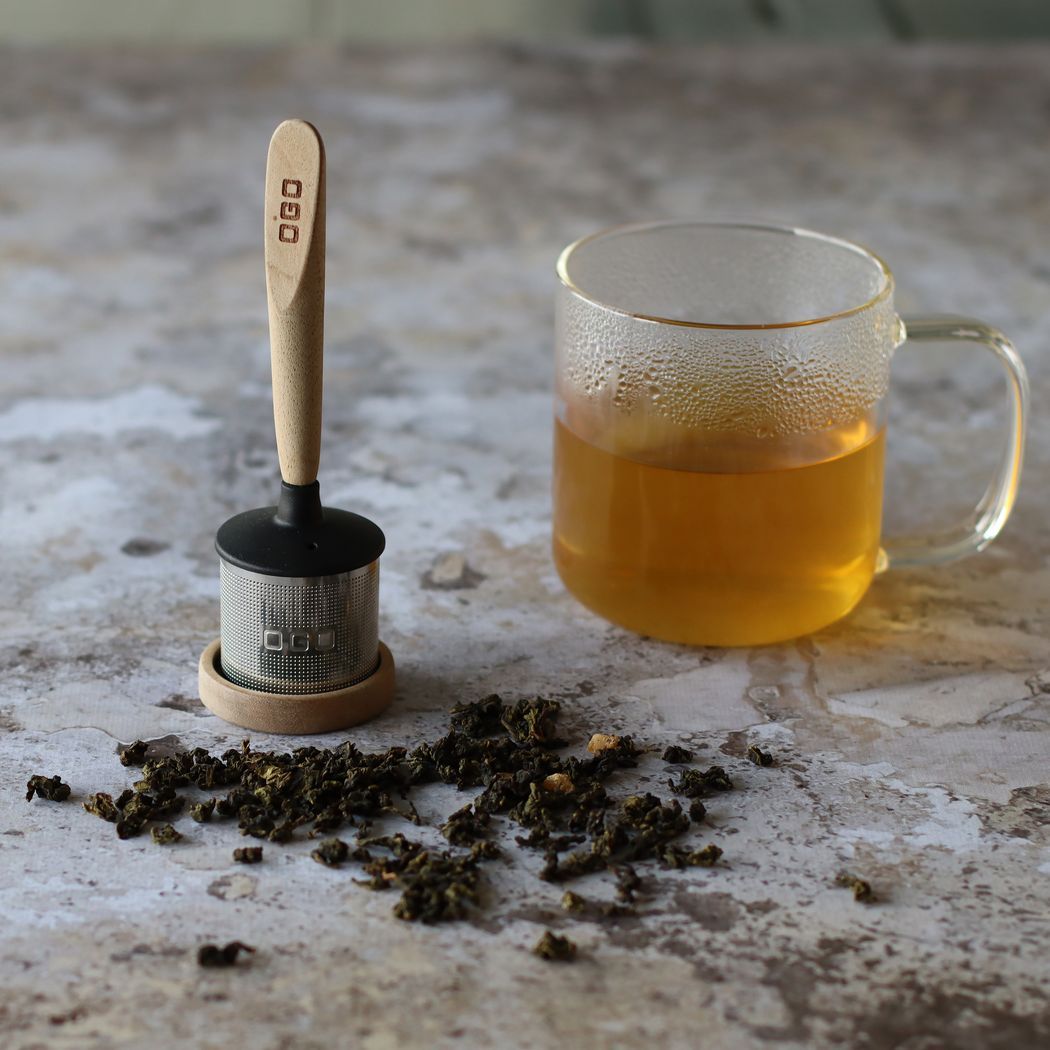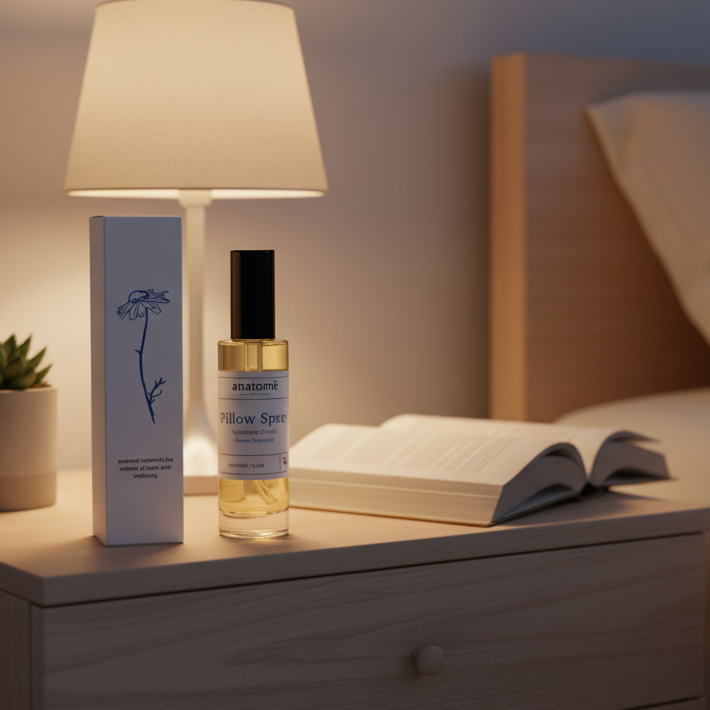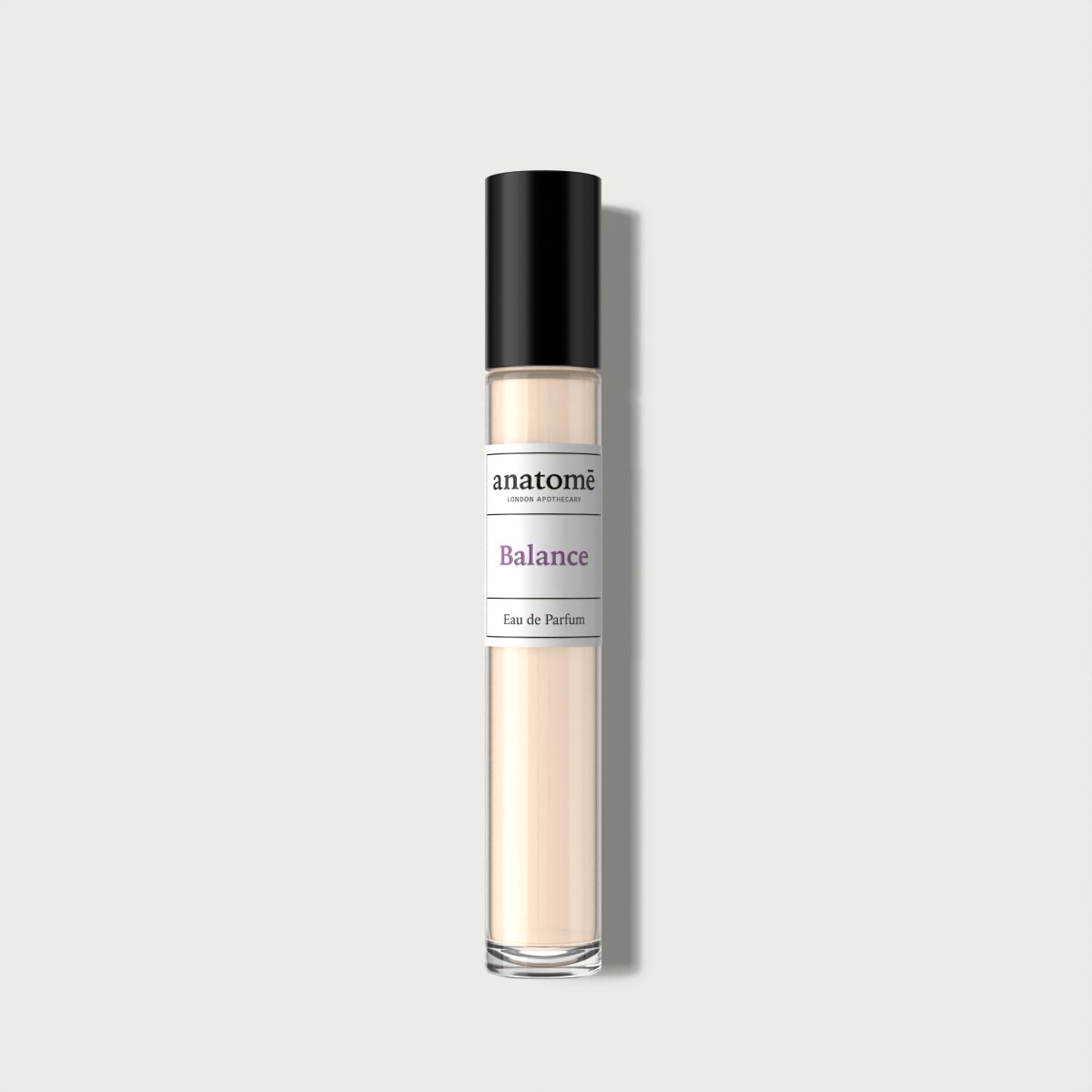Hormonal changes and the pressures that pregnancy puts on your body can lead to trouble with falling asleep, or disturbed sleep. Insomnia can take effect at any point during pregnancy, however it’s much more common during the second and third trimesters, thanks to the physical discomfort a pregnancy bump can cause, increased bathroom trips during the night, and the stress and anxiety that can build up when about to face a major life change.
As many healthcare professionals would caution against using sleep medication through pregnancy, it’s much safer to opt for natural sleep aids to help you to maintain good sleep patterns and enjoy undisturbed slumber until your little one comes along.
Prioritise relaxation
Telling your body it’s time for bed through relaxation can lead to a better night’s sleep. By making time before bed for relaxing activities, you’re reducing your levels of cortisol – the stress hormone – and creating a healthy environment for good quality sleep.
Create a routine before bed to help you relax both body and mind. This can include taking a warm bath with essential oils that promote sleep, or a period of meditation to help calm your mind. Try not to spend too much time looking at a screen, like your phone or the television, as the blue light that screens emit can suppress the release of melatonin, the hormone that makes you feel sleepy. Opt instead for relaxing activities such as reading or listening to calming music before bed.
Choose foods wisely
During pregnancy, heartburn can cause disturbed sleep. To avoid the discomfort associated with heartburn, pay attention to your diet and mealtimes.
Spicy food can cause heartburn, so avoiding too much heat in your evening meals can prevent it from being a problem. Take your time with your food, too, as eating too quickly can lead to discomfort, as can eating a large meal too soon before bed. Try to take your evening meal at least a few hours before you sleep, and have a small, healthy snack before bed to counter hunger pangs or discomfort during the night. Avoid chocolate or coffee, as the sugar and caffeine can make falling asleep difficult, and increase the likelihood of waking through the night.
As your pregnancy continues, the weight of the baby can compress your bladder, meaning waking numerous times in the night to go to the bathroom. Try to limit your fluid intake in the hours before bedtime, and if you do awake in the night, get up straight away and go back to bed as soon as you can to reduce the amount of time spent awake.
Optimise your sleep environment
Creating an environment that is conducive to good sleep means optimising your bedroom to create sleep inducing conditions.
Make your bed as inviting as possible. This might mean investing in some luxury bedding, or sheets that feel good to touch, or it might mean rethinking your pillow configuration. As your body changes through pregnancy, so might your preferred sleep position, as well as areas on your body that might need more support. Experiment with different positions and pillow placement, maybe even looking at incorporating specifically designed pregnancy pillows to ensure you’re comfortable and your body is fully supported.
Ensure your bedroom is cool, dark, and quiet. Hormonal fluctuations during pregnancy can affect your body temperature, so ensure your bedroom is cool by using a fan or A/C - you can always have extra blankets at hand if you feel cold in the night. Keeping your bedroom dark with thick curtains or an eye mask helps your body to develop a healthy circadian rhythm, which is affected by daylight and darkness. Ensuring darkness while you sleep helps to maintain a good sleep/wake pattern.
The use of fragrance can also help to induce sleep. Pillow sprays, rollerballs and diffusers that use specially blended essential oils for sleep can help to trigger the production of melatonin and suppress cortisol, helping you fall asleep quicker and improve the quality of your sleep.
Work through anxieties
Feelings of stress and anxiety can be more common during pregnancy, and it’s natural to feel worried about the major life change that comes with having a baby. However, increased worry and stress can affect your sleep, and working through your anxieties will not only allow you better quality rest, but it’ll make for a happier pregnancy overall.
It can be as simple as talking through your worries with your partner, friends, midwife, or a mental health professional – often simply expressing your doubts or anxieties can ease the mental strain and help you relax.
Practicing meditation or mindfulness can also help to calm your mind, particularly before sleep, and help you to drift off. There are numerous apps, books and podcasts available to help you find the routine that works for you.
Have patience
Getting frustrated through lack of sleep puts pressure on you when you need to be relaxed, so try not to worry or obsess about your sleeping pattern. Make sure you’re preparing for bed by relaxing, considering your food options carefully, preparing your bedroom, and working to reduce your anxieties, and enjoy some quality sleep and a more enjoyable pregnancy.
At anatomē, we understand that sleep can seem elusive during pregnancy. Our range of essential oils blends, rollerballs, candles, herbal teas and face masks are designed to support restful, good quality sleep, whether you’re suffering from a restless mind, disrupted sleep, or difficulty drifting off. Take a look at our range or speak to one of our nutritionists to find out more.
















































